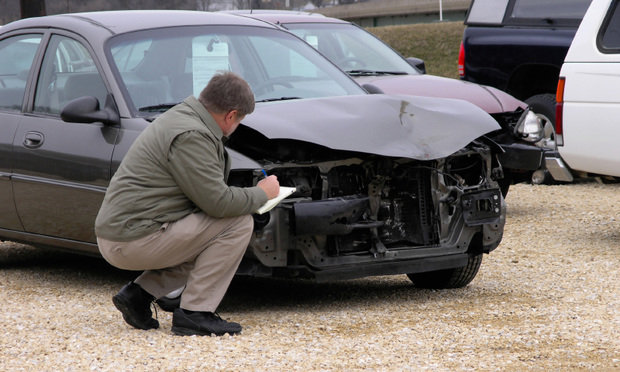The State of New Jersey has a comprehensive system of laws with respect to compulsory automobile insurance. The statutes require the owners of every automobile registered in this state to purchase an insurance policy that includes bodily injury liability coverage in case someone makes a claim against them; uninsured motorist coverage in case they are involved in an accident with an uninsured driver; and personal injury protection (PIP) coverage in case they incur medical expenses, loss of income or loss of essential services.
The two primary purposes of compulsory insurance are to provide prompt compensation to persons injured in automobile accidents and to ensure the existence of financially responsible persons to satisfy those claims. Thus, the law permits the owners of automobiles to purchase insurance to protect their own assets if they are sued by a person who is injured because of the negligent operation of their automobile (a “third-party” liability claim). In addition, the law permits policyholders to purchase insurance that will provide coverage to them, to resident family members and to occupants of their automobiles if they are injured in an accident caused by a person who is uninsured or underinsured (a “first party” UM/UIM claim).
This content has been archived. It is available through our partners, LexisNexis® and Bloomberg Law.
To view this content, please continue to their sites.
Not a Lexis Subscriber?
Subscribe Now
Not a Bloomberg Law Subscriber?
Subscribe Now
LexisNexis® and Bloomberg Law are third party online distributors of the broad collection of current and archived versions of ALM's legal news publications. LexisNexis® and Bloomberg Law customers are able to access and use ALM's content, including content from the National Law Journal, The American Lawyer, Legaltech News, The New York Law Journal, and Corporate Counsel, as well as other sources of legal information.
For questions call 1-877-256-2472 or contact us at [email protected]



